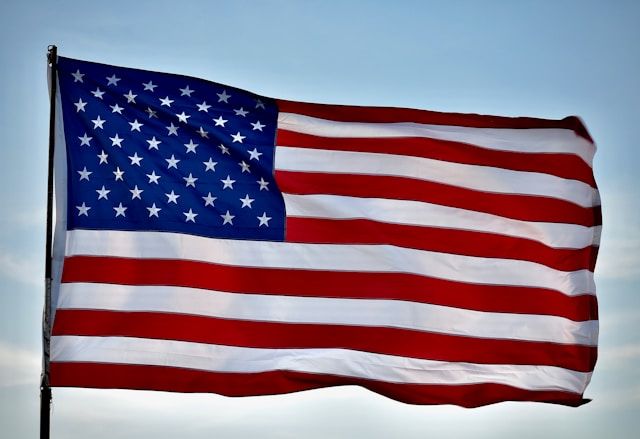Washington stresses on fair legal processes after Delhi’s diplomatic protest
The United States has articulated its stance on the ongoing discussions surrounding the arrest of Delhi Chief Minister Arvind Kejriwal and the allegations regarding the freezing of the Congress party’s bank accounts. This development followed India’s decision to summon a senior US diplomat, expressing discontent over comments made about Kejriwal’s detention.
US State Department Spokesperson Matthew Miller, addressing these concerns, emphasized the importance of fair, transparent, and timely legal processes. Miller’s statement came in the wake of India summoning Acting Deputy Chief of Mission Gloria Berbena in New Delhi, showcasing a firm diplomatic stance against what it perceives as unsolicited comments on its internal legal proceedings.
Embed from Getty ImagesThe discourse between the two nations took a notable turn when the Ministry of External Affairs lodged a strong protest against the remarks made by a US State Department official regarding Kejriwal’s legal predicament. The situation has drawn significant attention, underscoring the complexities of diplomatic interactions, especially when they touch upon the sensitive realm of domestic legal processes.
Washington’s response, as conveyed by Miller, reflects a delicate balancing act. It seeks to maintain its position on advocating for transparent legal processes while also navigating the intricacies of international diplomacy. This stance, advocating for no objections to fairness and transparency in legal proceedings, hints at a broader principle that the US hopes to promote, notwithstanding the specifics of the cases at hand.
The arrest of Arvind Kejriwal, linked to a money laundering case concerning the excise policy ‘scam’, has indeed caught international attention, leading to diplomatic exchanges that highlight the nuanced and often challenging dynamics between sovereign states. The US, through its latest comments, aims to tread carefully, respecting India’s sovereignty while also standing by its principles concerning legal processes and democratic values.
India’s retort, emphasizing respect for sovereignty and the independence of its judiciary, marks a firm assertion of its stance on external comments about its legal and democratic processes. As the dialogue between the two democracies unfolds, the focus on mutual respect and understanding of domestic legalities becomes increasingly paramount.
This episode, unfolding in the broader context of US-India relations, serves as a reminder of the delicate dance of diplomacy, where words and actions are weighed and measured, bearing implications far beyond their immediate context.
